Amy J. Ko
Scratch Copilot: Supporting Youth Creative Coding with AI
May 06, 2025Abstract:Creative coding platforms like Scratch have democratized programming for children, yet translating imaginative ideas into functional code remains a significant hurdle for many young learners. While AI copilots assist adult programmers, few tools target children in block-based environments. Building on prior research \cite{druga_how_2021,druga2023ai, druga2023scratch}, we present Cognimates Scratch Copilot: an AI-powered assistant integrated into a Scratch-like environment, providing real-time support for ideation, code generation, debugging, and asset creation. This paper details the system architecture and findings from an exploratory qualitative evaluation with 18 international children (ages 7--12). Our analysis reveals how the AI Copilot supported key creative coding processes, particularly aiding ideation and debugging. Crucially, it also highlights how children actively negotiated the use of AI, demonstrating strong agency by adapting or rejecting suggestions to maintain creative control. Interactions surfaced design tensions between providing helpful scaffolding and fostering independent problem-solving, as well as learning opportunities arising from navigating AI limitations and errors. Findings indicate Cognimates Scratch Copilot's potential to enhance creative self-efficacy and engagement. Based on these insights, we propose initial design guidelines for AI coding assistants that prioritize youth agency and critical interaction alongside supportive scaffolding.
AI Friends: A Design Framework for AI-Powered Creative Programming for Youth
May 17, 2023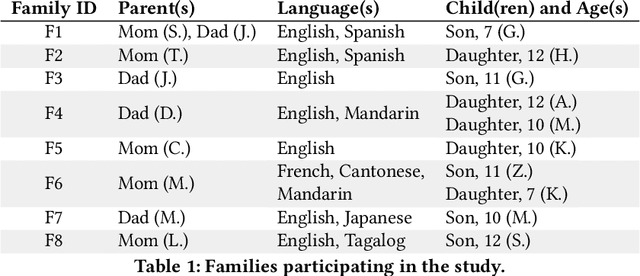
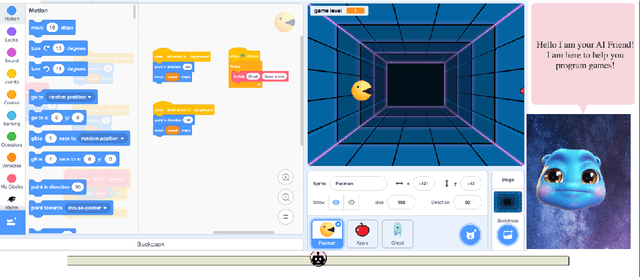
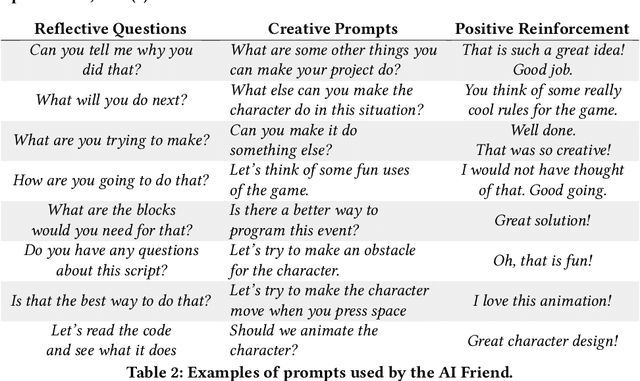
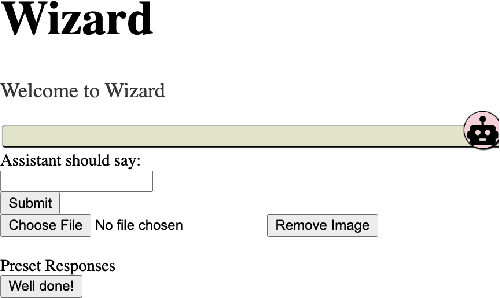
Abstract:What role can AI play in supporting and constraining creative coding by families? To investigate these questions, we built a Wizard of Oz platform to help families engage in creative coding in partnership with a researcher-operated AI Friend. We designed a 3 week series of programming activities with ten children, 7 to 12 years old, and nine parents. Using a creative self efficacy lens, we observe that families found it easier to generate game ideas when prompted with questions by AI Friend; parents played a unique role in guiding children in more complex programming tasks when the AI Friend failed to help, and children were more encouraged to write code for novel ideas using the AI friend help. These findings suggest that AI supported platforms should highlight unique family AI interactions focused on children's agency and creative self-efficacy.
Scout: Rapid Exploration of Interface Layout Alternatives through High-Level Design Constraints
Jan 15, 2020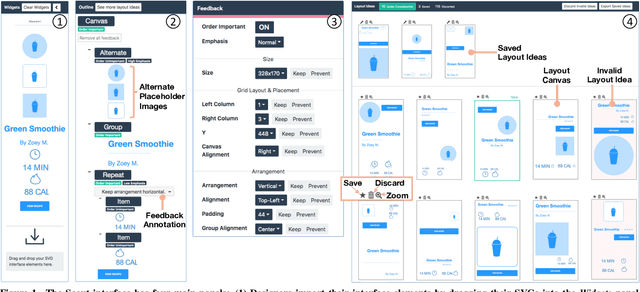

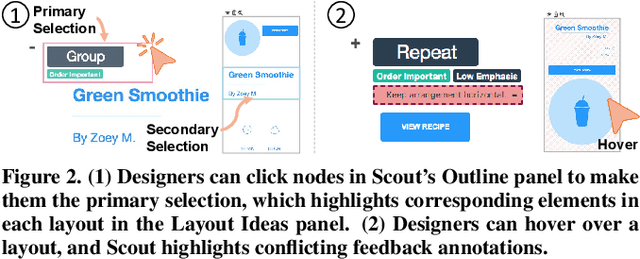
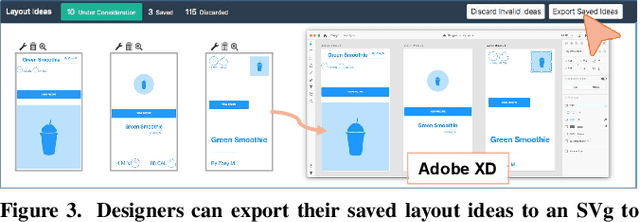
Abstract:Although exploring alternatives is fundamental to creating better interface designs, current processes for creating alternatives are generally manual, limiting the alternatives a designer can explore. We present Scout, a system that helps designers rapidly explore alternatives through mixed-initiative interaction with high-level constraints and design feedback. Prior constraint-based layout systems use low-level spatial constraints and generally produce a single design. Tosupport designer exploration of alternatives, Scout introduces high-level constraints based on design concepts (e.g.,~semantic structure, emphasis, order) and formalizes them into low-level spatial constraints that a solver uses to generate potential layouts. In an evaluation with 18 interface designers, we found that Scout: (1) helps designers create more spatially diverse layouts with similar quality to those created with a baseline tool and (2) can help designers avoid a linear design process and quickly ideate layouts they do not believe they would have thought of on their own.
* 13 pages, 8 figures, ACM CHI Full Paper (2020)
 Add to Chrome
Add to Chrome Add to Firefox
Add to Firefox Add to Edge
Add to Edge